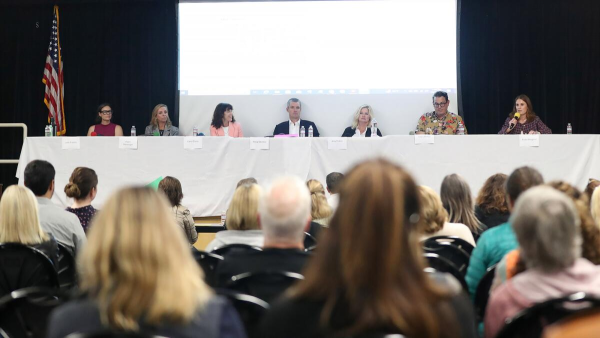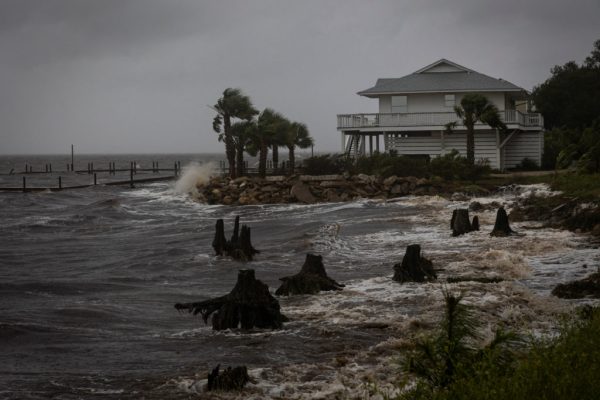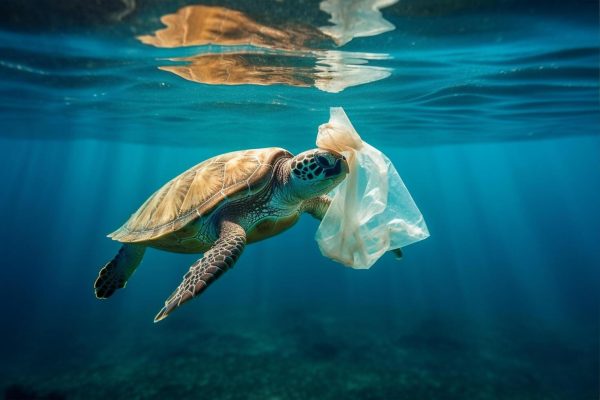Rising Temperatures in California: How Will This Affect People’s Lives?
Once again, California is going through another heat wave that many people were not expecting. Throughout August and the very beginning of September, the weather was in the high 90s and low 100s, making it very uncomfortable and, for some people, unsafe to be outside. “It felt like I was in an air fryer,” says Scott Anderson, a freshemen, “I would drink water and get thirsty again in a few minutes.”
Unfortunately, we may have to get used to scorching summers. With global warming, the average temperature has risen three degrees in the last century. Less rain is falling on a yearly basis, heat waves are occurring more frequently, ecosystems are threatened, and there have been a lot more wildfires. The earth is becoming a lot warmer for a variety of reasons. Heat-trapping greenhouse gasses are increasing due to an increase in transportation, electric power, industry, commercial and residence, and agriculture. Oceans are becoming much warmer due to carbon dioxide making the water more acidic in turn. Snow has been melting earlier and ice sheets in Antarctica and Greenland are drastically decreasing.
With these new climate changes, there will continue to be greater demand for water, however, the supply will continue to decrease. The main source of water irrigation in Southern California, the Colorado River, has a supply of water that has been affected by a decline in rain and increasing temperatures. Rising temperatures can not only affect the water supply, but they play a major role in agriculture and farming in California. A shocking 90% of all farms in California are grown in fields that are irrigated fully. With all of this information about how the environment is rapidly changing, residents of California, including students at Corona del Mar, need to adjust and make their best effort to mitigate the impact of global warming. Though it may sound difficult, each and every person can make a difference by taking shorter showers, reducing the use of electricity such as turning off the lights, and walking, biking, or carpooling when possible. Ryan Parwiz, a freshman, describes the steps he has taken to conserve resources: “After I charge my laptop, I unplug and turn it off. I also try not to let the sink run in the morning if I am not actively using it.”
Information contained in this article is from:
Environmental Protection Agency “What Climate Change Means for California?”











